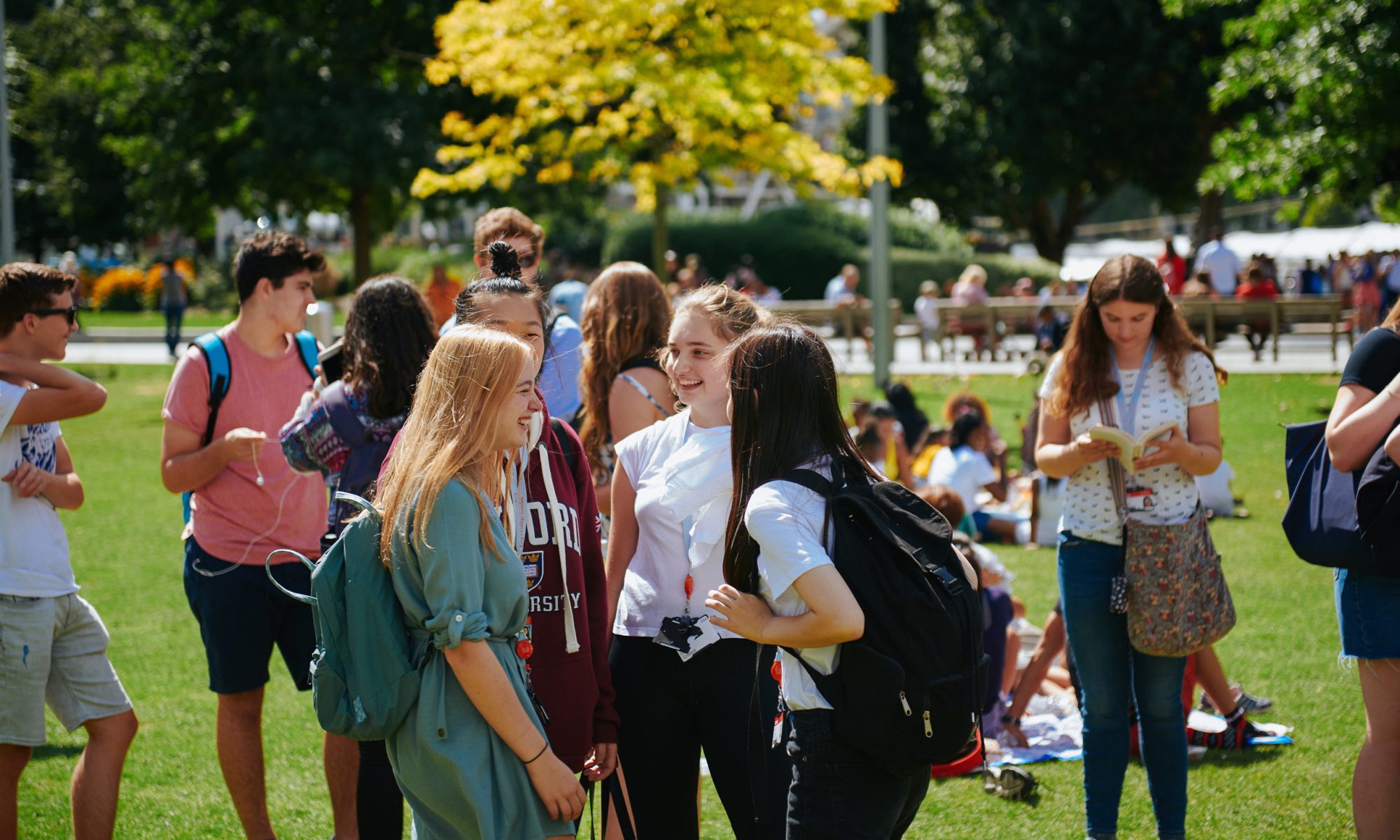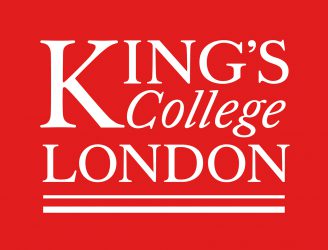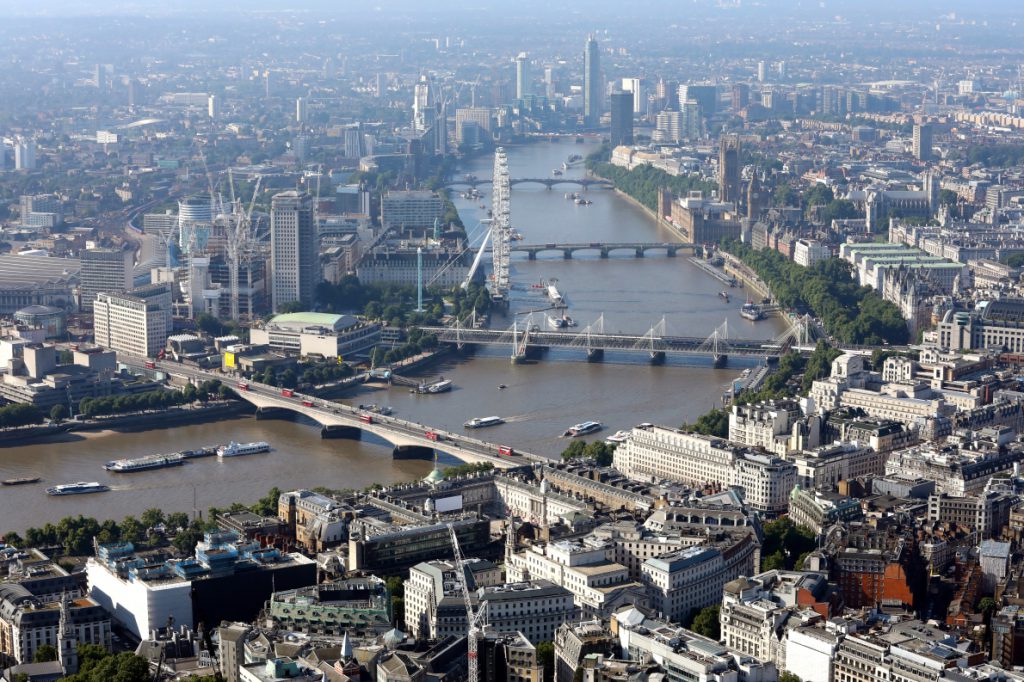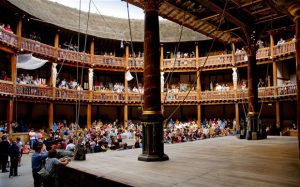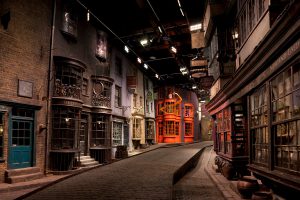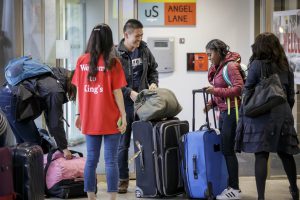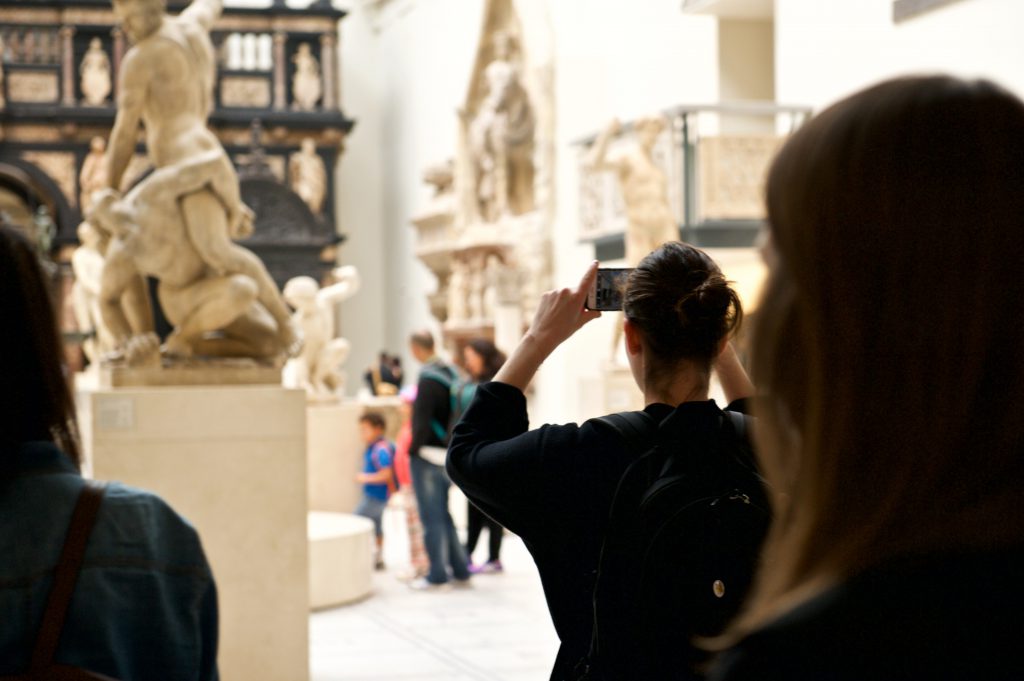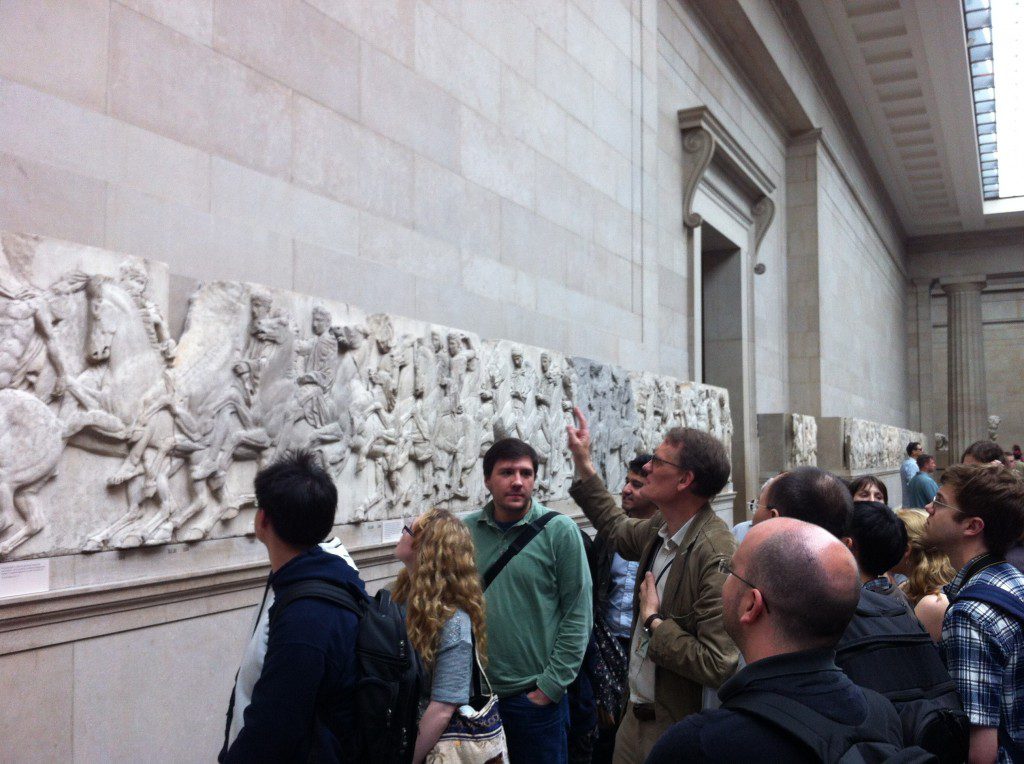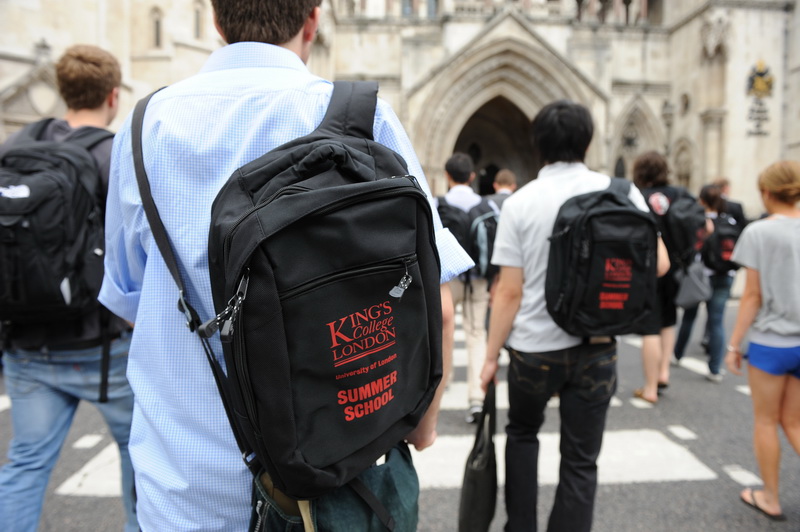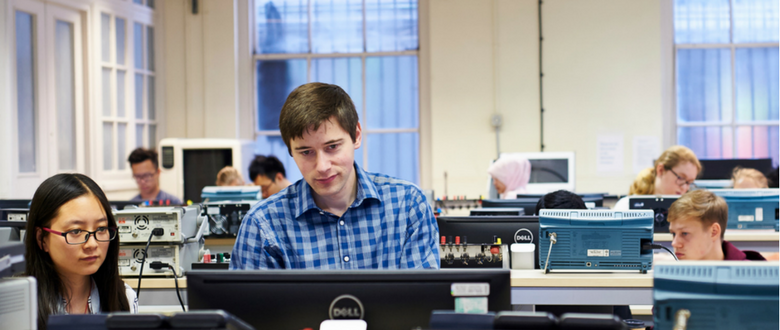
Hello from the entire Summer Programmes Office! It’s been an exciting few months for us here in London, what with welcoming a number of new team members and receiving your applications to our various summer programmes. So we thought we would introduce ourselves to you all and to let you know, if we had the chance, what Undergraduate Summer School module we would study and why…
“The Faculty of Life Sciences and Medicine has a history of nurturing some of history’s best scientific minds. From the discovery of the structure of DNA, vitamins and beta blockers to the pioneering work on end of life care, researchers at Kings have made life changing contributions to the field of Biosciences. This module is a chance to be taught by scientific heroes”.
Dr Sarah Williamson, Director of Summer Programme
“They all sound so wonderful I think it would be so hard to choose – all of them academically intensive, yet challenging and thought provoking. And I love the fact you get to use London as a classroom”.
Ian Fielding, Deputy Director Summer Programmes
“I’m a great fan of TV Crime Dramas like CSI: Crime Scene Investigation, Silent Witness and Waking the Dead, so it would be great to uncover the fact from the fiction in terms of the real world of forensic science. Studying Forensic Science would also give me an excuse to return to my sartorial heydays of wearing a long white laboratory coat and protective eye goggles on a daily basis. I would also pick the Entrepreneurship module because essentially it is all about creating value and identifying opportunities. The module is very ‘market’ focused and would give participants the chance to identify their entrepreneurial potential, explore their creativity and develop a range of skills and knowledge that could be applied in any professional contexts”.
Michael Bedward MBA FHEA, Teaching Fellow (Short Courses)
“I remember studying Latin at school for seven long years. When I once had the chance to sit in on an Intensive Latin Summer School class during its second week I was amazed by how much vocabulary the students knew and about their cultural insights too. It is hard to thoroughly learn a new language from scratch when you are busy. That’s why I would take the very intensive and well structured Ancient Greek course on the Undergraduate Summer School”.
Dr Alexander Heinz, Academic Convenor Summer Programmes
“I would choose the Consumer Behaviour module because I am fascinated by what motivates people to make purchase decisions, and how technology keeps changing and shaping their behaviour”.
Miriam Menkarius, Senior Marketing Officer Summer Programmes
“I love reading and learning about different aspects of psychology which makes the module, Profiling and Psychology of Terrorism, really interesting to me. I’ve sat in on a couple of these classes and the tutor really knows her stuff, bringing in exciting guest speakers who are inspiring and relevant to this field”.
Laura Carseldine, Summer Programmes Manager
“For me, spending the summer studying plays and visiting theatres would be a dream come true so I would choose Theatrical London. I think it would be fascinating to learn more about London’s illustrious theatrical history and to build my knowledge of the key plays and cultural spaces that define it. The close proximity of King’s to London’s theatre district also means there are plenty of opportunities to see the latest productions, from West End shows to fringe theatre events. Sign me up now!”
Zoe Hamilton, Summer Programmes Manager
“I would choose the Public Health module as I am fascinated by how health care professionals plan and deliver health services in conflict and non-conflict zones. The current migrant crisis has created places such as the ‘Calais Jungle’ which have no government co-ordinated support infrastructures which are fertile ground for the breakout of epidemics. Public Health professionals are able to put in place simple and basic medical practices that could avoid the spread of disease.”
Fahema Ettoubi, Summer Programmes Officer (Admissions)
“Reading has always been a big part of my life, particularly during my childhood, so the bookworm in me would definitely choose the Wonderland: 100 Years of Children’s Literature module. The opportunity to study some of my favourite pieces of children’s literature from a historical, political and moral stand point would be extremely captivating and getting to do all this in the heart of London is such a great experience. Something I wish I would have done during my studies'”.
Sage Fitzpatrick, Summer Programmes Officer (Operations, Marketing and Events)
